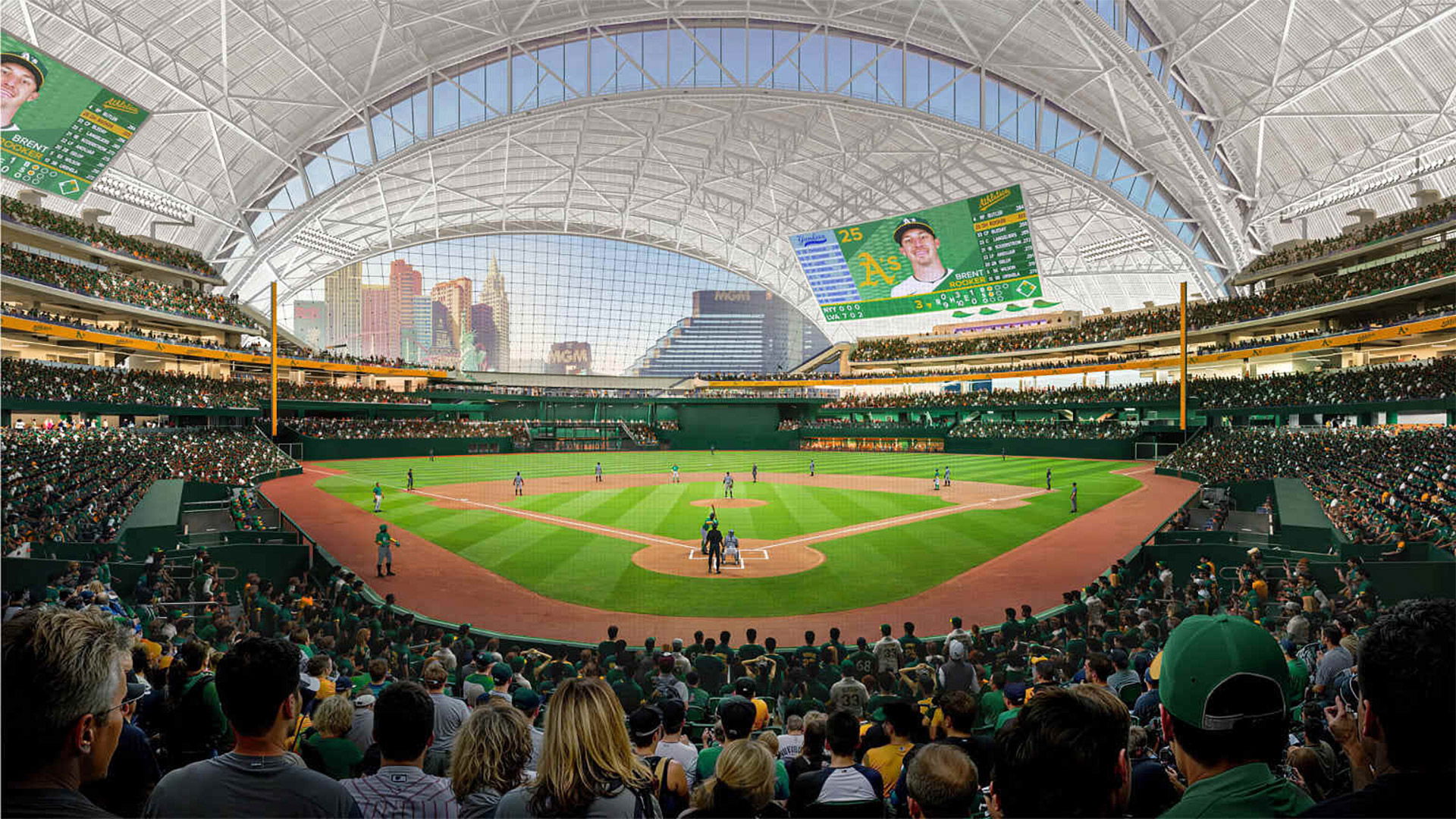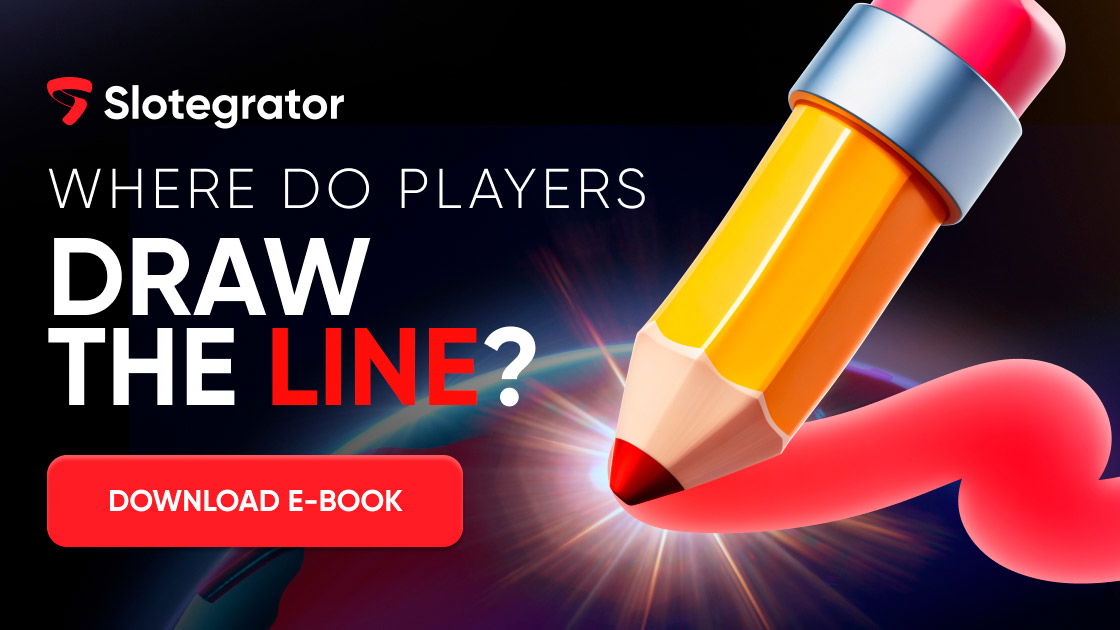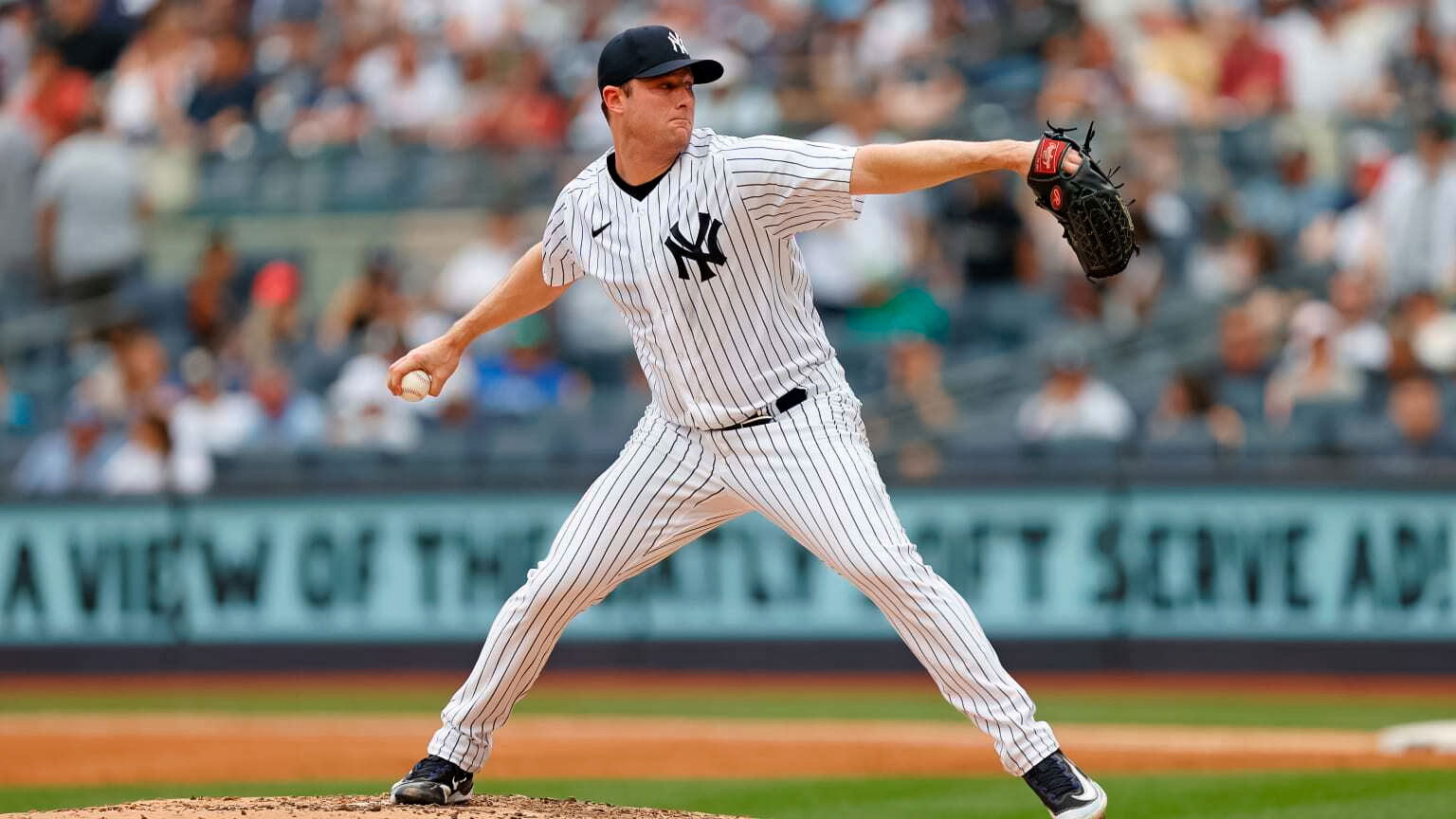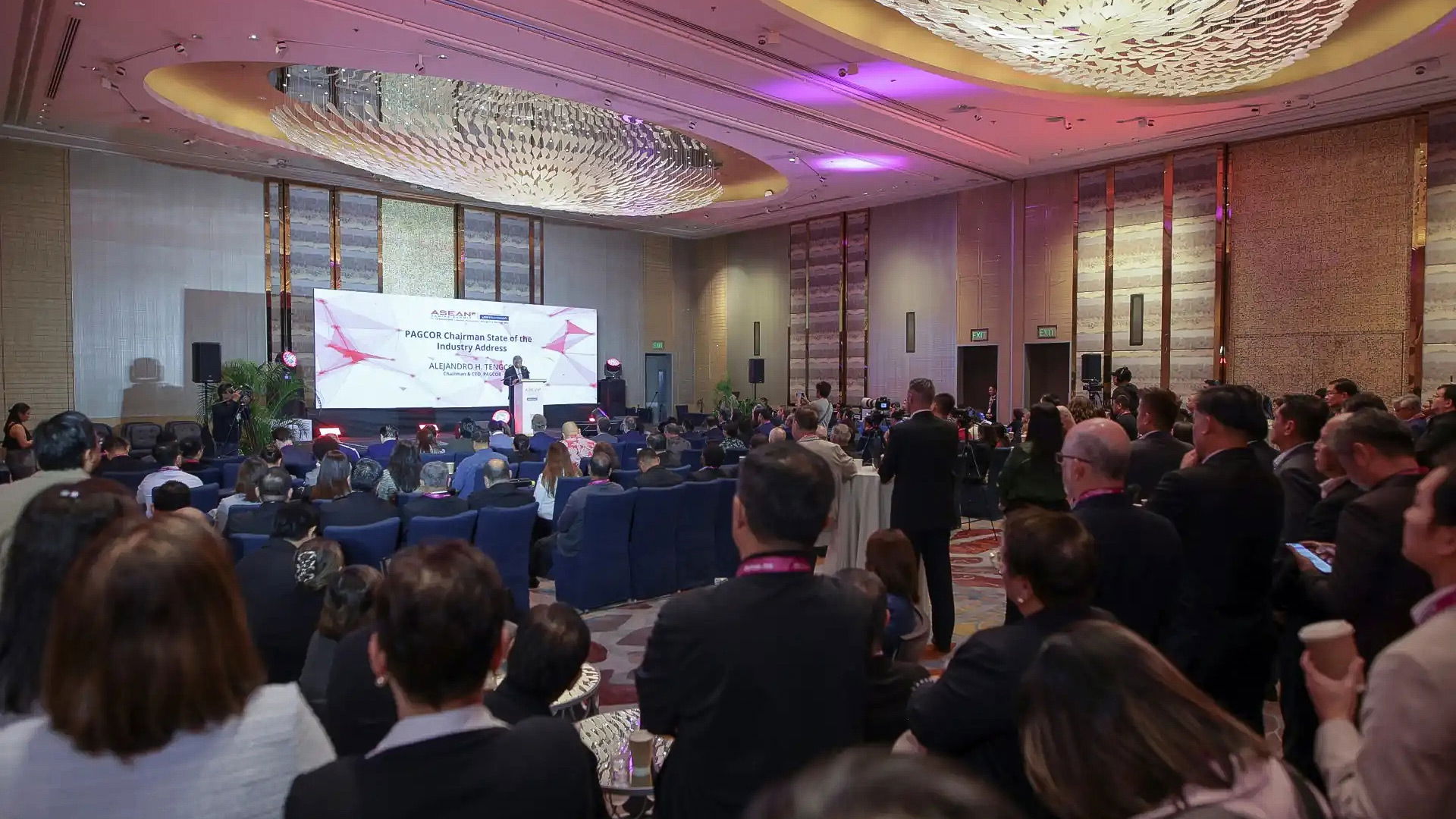Missouri sports betting bill heads to House floor; three related proposals face Senate panel hearings

A bill seeking to legalize sports wagering in Missouri is heading to the House floor for debate following a committee vote on Tuesday, while three other proposals also aiming for sports gaming legalization will have public hearings today, March 9, in the Senate Appropriations Committee.
The push comes as sports betting proponents face opposition from backers of VLT legalization, who argue permitting their vertical would provide larger state revenues. Additionally, sports gaming is also seeing criticism from lawmakers who agree legalization would bring profits - but only for casinos and nothing for their communities, reports Missouri Independent.
Estimates position the state to receive $13 to $15 million annually in tax revenue, about $1.3 million going to cities that have one of the 13 licensed casinos and the rest going to state education programs. However, no revenue would go to cities and counties without casinos and in which bettors would still be placing wagers. An idea currently in consideration would include a one-cent per wager, or $1 per day tax, to be distributed based on where the bet is made.
Both the House bill slated for a floor vote and two of the Senate bills set for a hearing are nearly identical while only the third Senate bill introduces a key change: a higher tax rate, plus a role for the Missouri Lottery.
The similar bills count with support from most casino operators and major sports teams, plus online sportsbooks. Under these proposals, the Missouri Gaming Commission would regulate the market, which allows each of the state’s six licensed gaming facility operators to offer three skins per casino, with a six in total cap -Penn National and Caesars operate three casinos in the state each-.
The potential legalization of sports betting began gaining momentum in the state as a coalition of casinos and pro sports teams agreed in January to lobby together. However, VLT promoters argue an approval of their vertical would report revenue of $1.1 billion in the first five years, which they claim would be a more profitable decision than legalizing sports gaming.
According to a report commissioned by game vendors and reported on last week by the Missouri Independent, approval would produce more than 10 times the state revenue of sports wagering and drive cash-prize video games of debated legality out of the Show Me State.
Last year, Missouri legislators sought to expand gambling through sports betting and video lottery by often tying both verticals in the same bills. This strategy, now deemed by many as not the appropriate approach, is leading to separate efforts this year, as well as stakeholders positioning themselves in opposing camps.
Sports gaming supporters claim VLT backers are attempting to kill their legislation while seeking to convince lawmakers that they would be the best choice in terms of producing the most money for state education programs. Video lottery bills set aside 32% of net revenue for state education and 4% for local governments.
Meanwhile, the sports betting bill in the House would make operators pay the state 10% of their profits, of which 90% would go to state education and 10% to casino host cities. This is lower than the tax rate on casinos, currently at 21%, but would put Missouri in a middle range of tax rates when compared to other states allowing sports betting, according to legalization backers.
As it stands, the legislation’s odds of passage could be hurt from lack of support from proposers of higher tax rates, or those seeking to give the state Lottery a role in the market. Meanwhile, the third bill, sponsored by Sen. Denny Hoskins, R-Warrensburg, would set the tax rate at 21% and allow the Missouri Lottery to set up terminals for parlay bets. However, it is being opposed by casinos looking for a lower rate.
But sports betting legalization could be the source of a new conflict going forward. As the state constitution only allows casino gaming to occur within 1,000 feet of the main channels of the Missouri and Mississippi Rivers, online betting would require to be processed through a computer in a licensed casino, reports the cited source.
This idea notoriously failed in Florida last year, leading to a compact between the state and the Seminole nation to be struck down in court, as a federal judge deemed it a “fiction” that the bets were being made at the casino.


















































